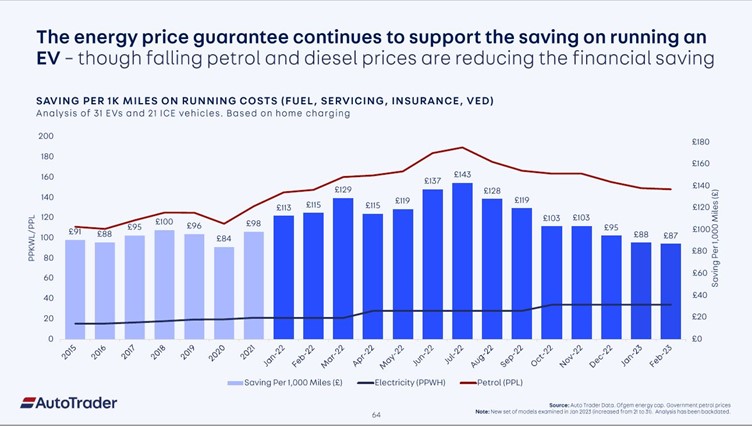Salary Sacrifice Schemes and the Cost of Living Crisis
Savvy motorists use salary sacrifice schemes to drive electric to help cost of living rises.
With price increases dominating news stories for the past few months, many drivers are feeling the pinch across all aspects of motoring from the rates of finance available on purchase, to fuel, insurance and maintenance.
Benefits of Salary Sacrifice Car Schemes
1. No Deposit
However, many drivers are increasingly turning to salary sacrifice car benefit schemes available through their employer to take advantage of more budget-friendly motoring, while enjoying a brand-new car alongside significant savings. While many private car buyers must consider the need for a cash lump sum for a purchase, or a deposit for a personal finance agreement, drivers taking a brand new car through a salary sacrifice scheme have no deposit to pay.
2. Fixed Monthly Amount
The monthly amount for the car scheme is taken directly from employees’ salaries and is a fixed monthly cost which means that monthly budgeting is much easier. As the monthly amount is inclusive of insurance, servicing, maintenance, MOT, breakdown cover, and even replacement tyres, unexpected costs aren’t an issue for drivers on the scheme.
3. Make tax and Benefit in Kind savings
As salary sacrifice schemes take the amount directly from an employee’s pay check before tax and National Insurance are deducted, the driver can make savings – especially drivers of EVs and Hybrids who take advantage of low Benefit in Kind tax rates on these low or no-emission vehicles, as they only need to pay just 2% BiK. On average, drivers on the Tusker salary sacrifice car scheme save around £300 in tax and NI thanks to the low Benefit in Kind rates.
4. Save on fuel costs
On top of this, both EV and hybrid vehicles typically enjoy cheaper running costs than the petrol or diesel equivalents. While the cost of charging can vary between sites, it is still cheaper to fully charge an EV than it is to fill a car with petrol or diesel, and for motorists who are able to take advantage of off-peak charging tariffs, these savings can be considerably more.
AutoTrader’s research into costs of running EVs versus a petrol or diesel car, show that, while they have reduced significantly from their peak in 2022, EVs are currently still providing considerable savings for drivers, as on average they are £87 a month cheaper to run.

If you are feeling the pinch, and looking for ways to maximise the savings available, while at the same time enjoying a brand new, and environmentally friendly vehicle, then have a look at the wide range of cars available through the Tusker salary sacrifice car benefit scheme, and see how much you could save.
Find out more about Salary Sacrifice